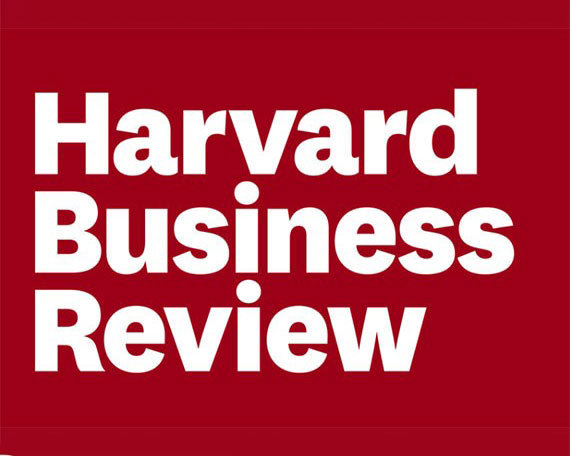Latest thinking
Follow me on Linkedin to be notified of my latest articles, podcasts and research papers as soon as they are published.
Follow
The past few years have seen significant crises in politics, economics, society, and the environment, leading to fundamental changes in the world of work. These ongoing upheavals have raised important questions about the future of work, including the impact of digitalization and AI, the shift to hybrid work, employee well-being, changing generational priorities, social and environmental responsibility, and geopolitical instability. Leaders are grappling with these complex challenges, feeling overwhelmed by the magnitude of change.
Jennifer Howard-Grenville and I have just published the second in our series of articles about the Future of Work in Harvard Business Review. In it, we argue that, to understand and adapt to the complex and converging forces shaping the future of work, leaders need to focus on three key areas of concern: the who, the what, and the why of work. In other words…
The future of workers (who are questioning the role that work plays in their lives and demanding more from the organizations they work for);
The future of working (which is evolving rapidly thanks to hybrid and flexible work arrangements, digitalization, and automation);
The future of work itself (which evolves in response to macro forces and societal shifts).
We emphasise that individuals and organizations have agency in shaping the future of work. Our advice is that leaders should:
Lead collectively through uncertainty, acknowledging that addressing future work challenges is a collective responsibility. They should engage colleagues at all levels to expand insights and manage emotional uncertainties.
Expand collective insight as the complexity of work challenges requires diverse stakeholder input. Leaders should seek input from different generations and functions to generate a broad set of insights.
Contain emotional uncertainty by striking the right balance between autonomy and organizational control. Leaders should remind employees of the organization's cultural identity and provide a firm foundation for building a collective future.
Follow me on Linkedin to be notified of my latest articles, podcasts and research papers as soon as they are published.
Follow